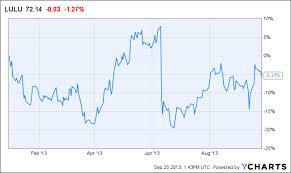#SmallBiz is Big Business
- By Trusha Desai
- •
- 19 Aug, 2015
- •
August 19, 2015

The evolution of a start-up into small business is an interesting phenomenon: challenging for the owner as (s)he grows in size, revenue, number of employees and assets. In Canada, start-ups were considered to be so, for the first five years of their life span. Recently, that definition has changed: to the psychological detriment of a start-up founder, (s)he will be considered a start-up for ten years.
Perhaps this may be financially conservative from the standpoint of banking and revenue growth. However, when this start-up "phase" challenges the obsolescence of computer software and hardware: perhaps even the warranty offered on cars, the balance sheet of a start-up may look puny for ten years. This does not mean that we need to neglect them. They need our support and financial backing, they would thrive under mentorship and peer organizations that provide networking opportunities.
As small businesses are at least 95% of all businesses in British Columbia, we wonder what would happen to the economy if we do not observe that a folding up of a start-up will result in an incremental slowdown of the economy as a whole and a downturn in big businesses. When feeder start-ups who manufacture apps or parts for big business are in a precarious position, that does not behove well for the future of the corporate world. A top 500 company does not survive on its own, it does not sell only to other top 500 companies.
When we appreciate this financial cycle within the corporate world, we might find that our economy is slow-pedaling forwards.
Perhaps this may be financially conservative from the standpoint of banking and revenue growth. However, when this start-up "phase" challenges the obsolescence of computer software and hardware: perhaps even the warranty offered on cars, the balance sheet of a start-up may look puny for ten years. This does not mean that we need to neglect them. They need our support and financial backing, they would thrive under mentorship and peer organizations that provide networking opportunities.
As small businesses are at least 95% of all businesses in British Columbia, we wonder what would happen to the economy if we do not observe that a folding up of a start-up will result in an incremental slowdown of the economy as a whole and a downturn in big businesses. When feeder start-ups who manufacture apps or parts for big business are in a precarious position, that does not behove well for the future of the corporate world. A top 500 company does not survive on its own, it does not sell only to other top 500 companies.
When we appreciate this financial cycle within the corporate world, we might find that our economy is slow-pedaling forwards.



